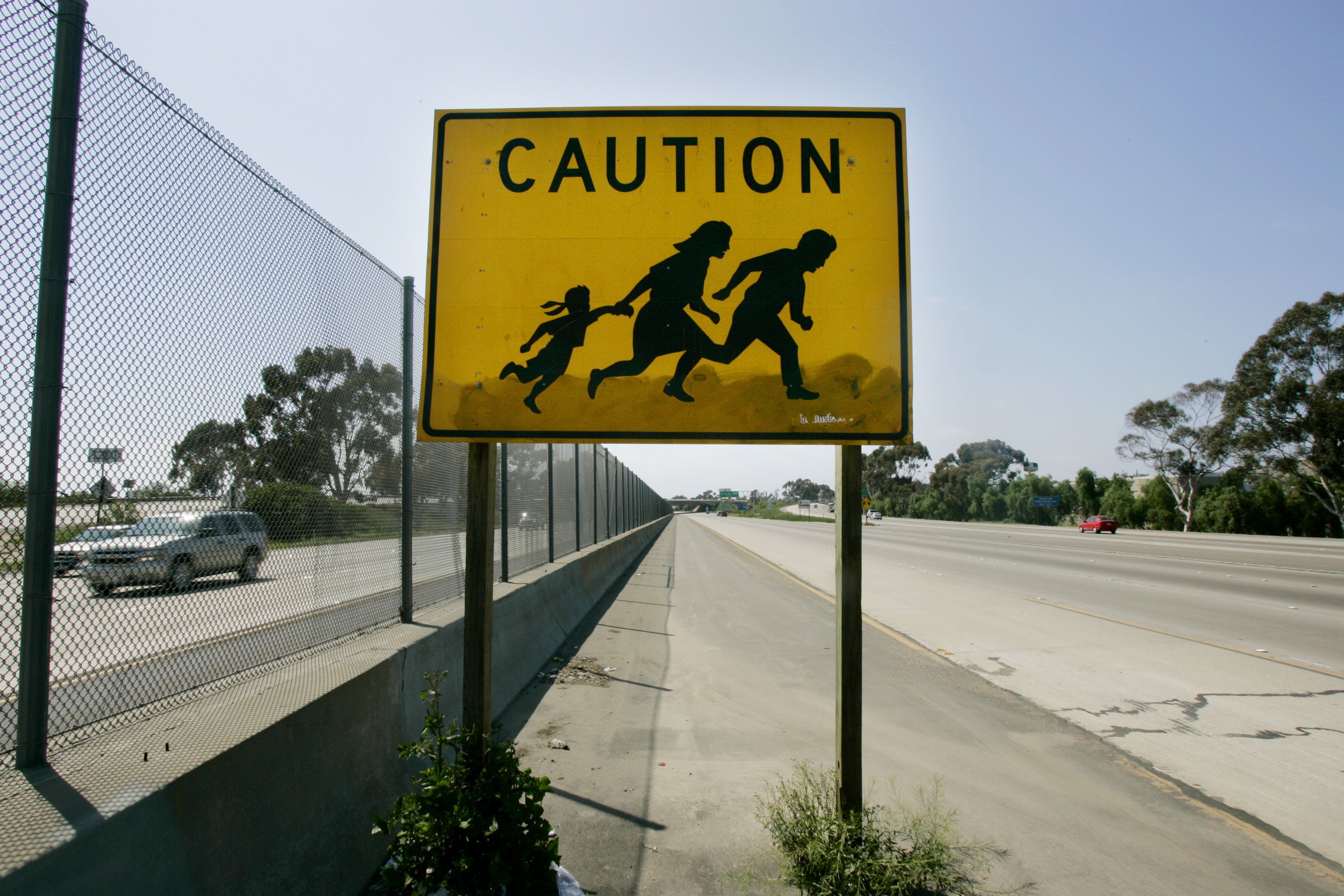
- Select a language for the TTS:
- UK English Female
- UK English Male
- US English Female
- US English Male
- Australian Female
- Australian Male
- Language selected: (auto detect) - EN
Play all audios:
Here in the UK, the revulsion at the sight of yet another African American man killed by a white policeman has shocked a section of society into a bout of self-examination. What is the place
of the black person in Britain now? Why is it that the biggest houses in the smartest, leafiest areas are white only, while the most deprived inner-city estates are full of people with
brown and black skin? How can it be so? What is Britain that it can have produced such an outcome? No reasonable person can deny that these are important questions to ask, just as no
reasonable person could deny that these questions have been almost entirely absent from the centre of British politics. Boris Johnson has shown no interest in the huge and painfully obvious
racial imbalance that exists in every British city, and his notorious reference to black Africans as “piccaninnies” with “watermelon smiles” suggests that, as with so much else, he doesn’t
especially care about it. Theresa May did and said nothing about Britain’s racial unfairness, and neither did Cameron. Brown and Blair failed to right this appalling wrong. As ever, the real
agent of change has been time, and the changing attitudes of the generations. It’s happened before. In the mid-part of the twentieth century, for example, political scandals and a sudden
sense that the old ideas were as ridiculous as the people who believed them, caused a sudden jump in social attitudes. The old instinctive deference towards “elders” and “betters” was swept
away by a wave of satire, popular culture and a new group of role models, who were young, spoke in regional accents and seemed shockingly un-embarrassed by their “low” social status. The
society that emerged from that period was much healthier and fairer. Not perfect, by any means. But the change had come about not from a new policy or government, but from a gradual rising
of the social tide. And so it is with our present moment. Look at all those photographs of the crowds who gathered to put Edward Colston into the harbour, who marched to get rid of the
statue of Cecil Rhodes and who protested in London. You see faces of all colours — but just as significantly as the racial mix, the faces you see are predominantly young. These protests are
a look into Britain’s future. If attitudes towards the imbalances that exist in our society are set to change, then from this showing they are most likely to tilt in favour of a righting of
those imbalances. It is impossible to see this as anything but welcome. And yet, you can see the discomfort, and rising sense of alarm. You see it in the startled newspaper columns and the
grumpy insistence by politicians, not least the Home Secretary, that violations of law and order must be met with a full police response, even if those violations apparently take place with
the consent of an entire city. But it would be a mistake to see the protests as political. They are not that. They are societal, by which I mean there is no alternative political system that
is being urged by the Black Lives Matter protests. They do not want socialism or any other _–ism_. The demonstrations have no radical political agenda attached to them — the absence of
“Socialist Worker” placards has been notable. Despite their emotional and moral charge, these protests are largely within the “status quo,” in the sense that they do not seek systemic
political change. Instead, they are a call for a section of the British population to be allowed its full share of the benefits and opportunities of that system. The aim is not to replace
the system, but to gain full access to it. Britain is changing. This should not be cause for alarm, as it is in the nature of free societies to be in a constant state of flux. Populations
change, as do social attitudes, interest rates, cultural trends, the unemployment numbers, political control and all the rest of it. Continuous change is a fundamental characteristic of a
liberal democracy. To see what a society looks like where change is forbidden, try North Korea. But more than this, Britain’s idea of itself is changing. For a significant number of people,
the notion of Britain as a world-leading power is on the wane, and is being replaced by something much more realistic and less self-congratulatory. This is not yet the majority view, but in
time it will become so, as the old ideas are pushed aside. For generations, young Britons have been told that, “Britannia Rules the Waves”. Is it so surprising that a new generation has come
along and asked what she was carrying in her hull all along and on finding the answer, has decided that Britain should perhaps sing a different tune?





